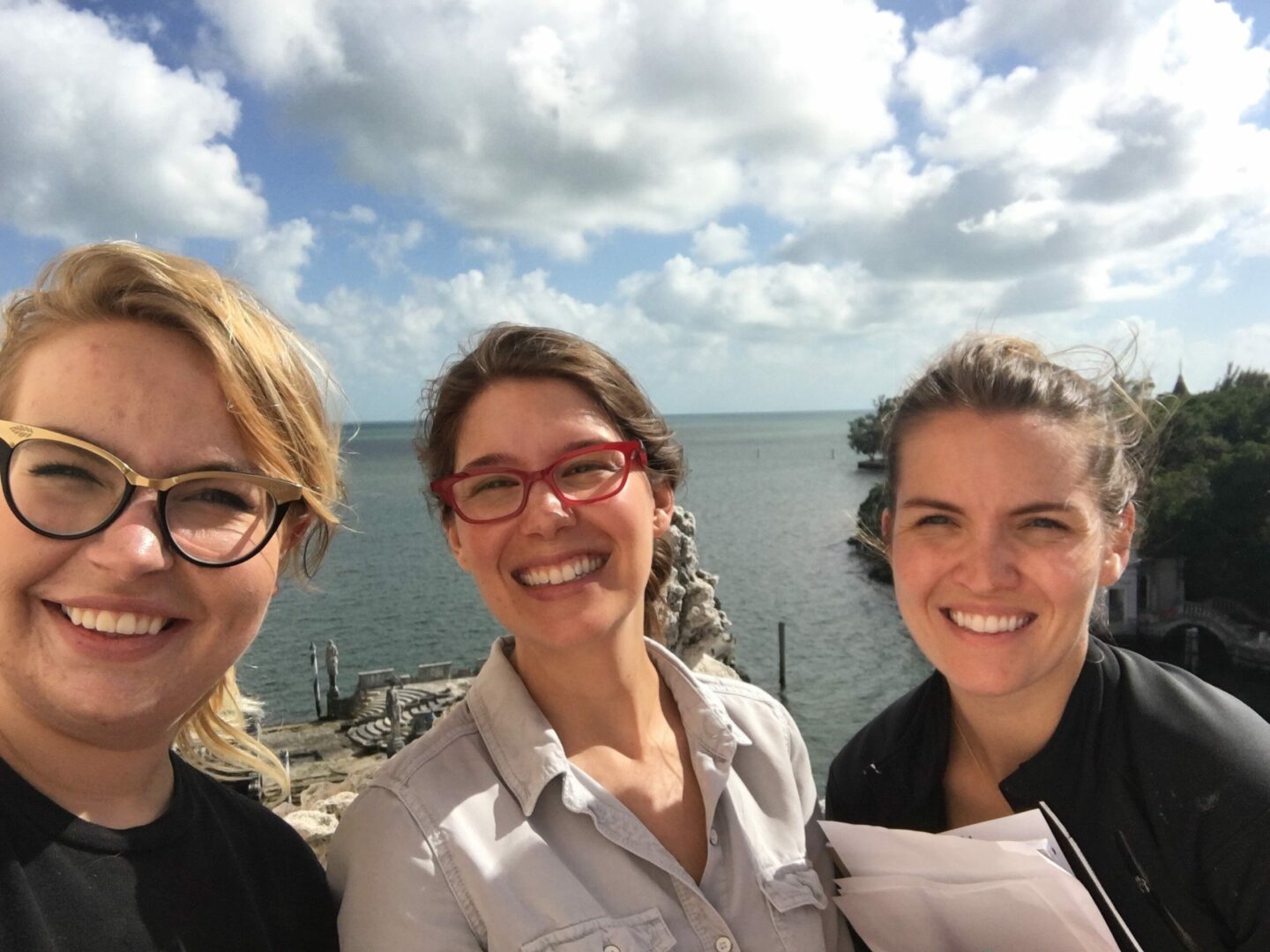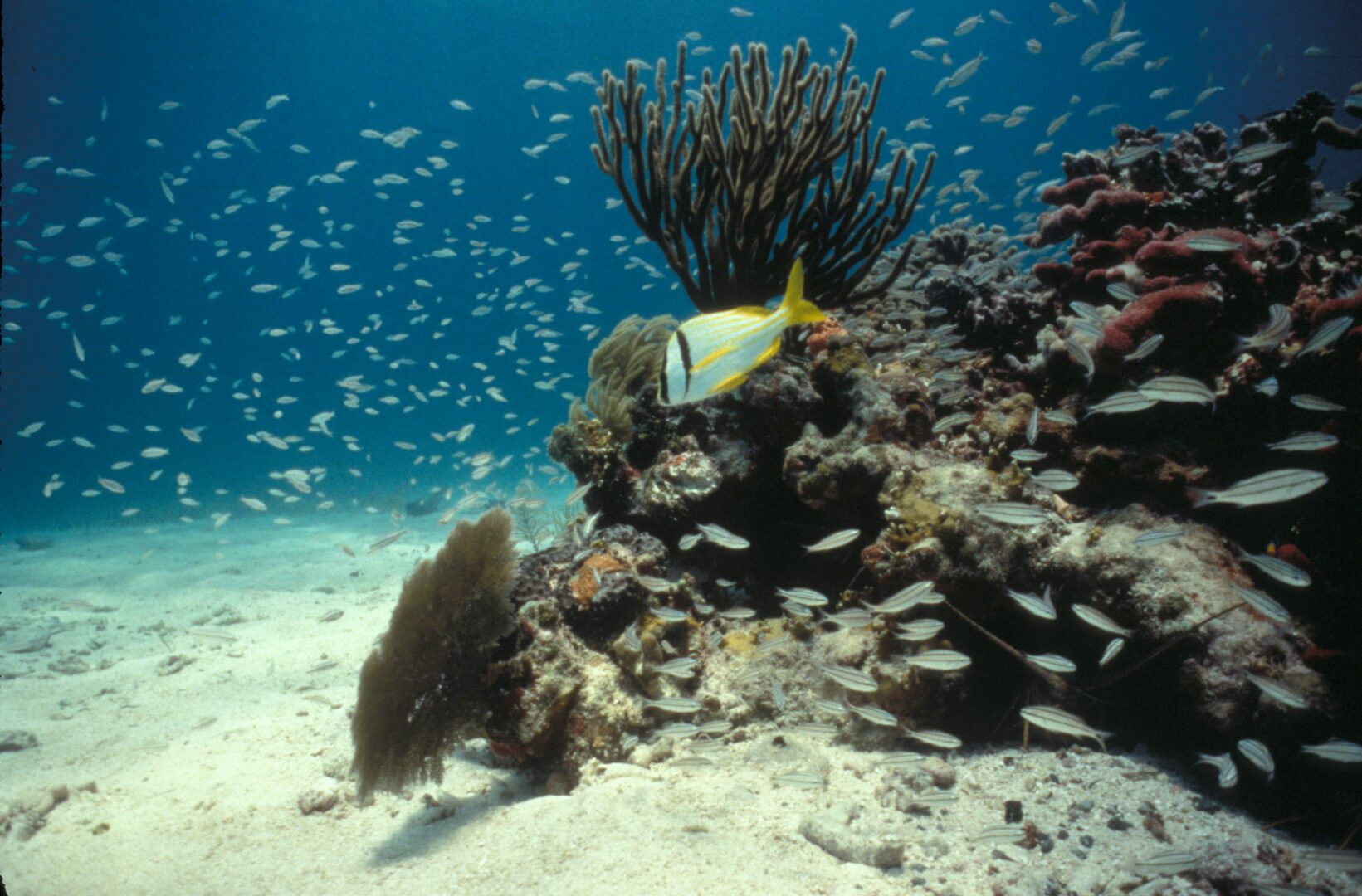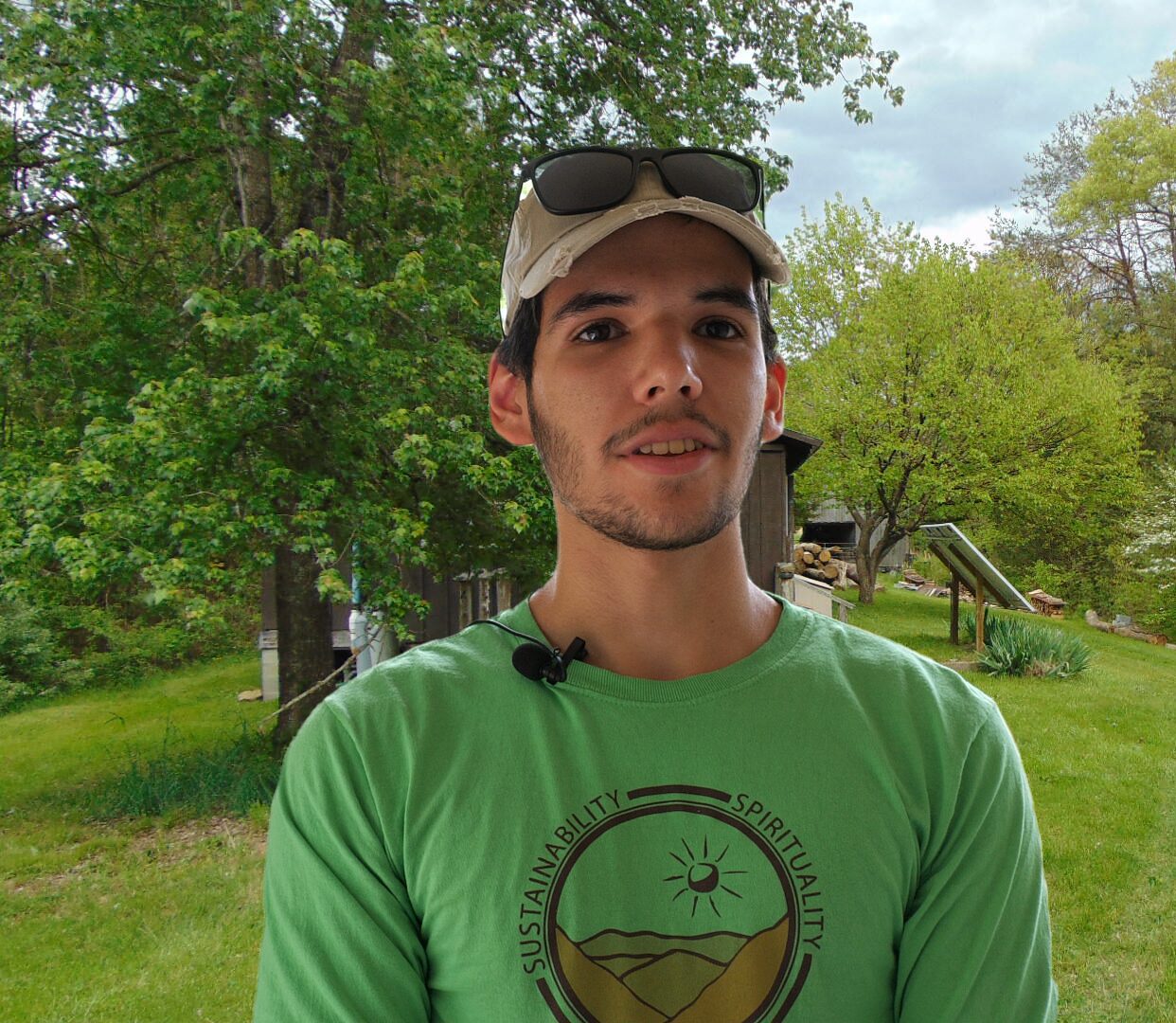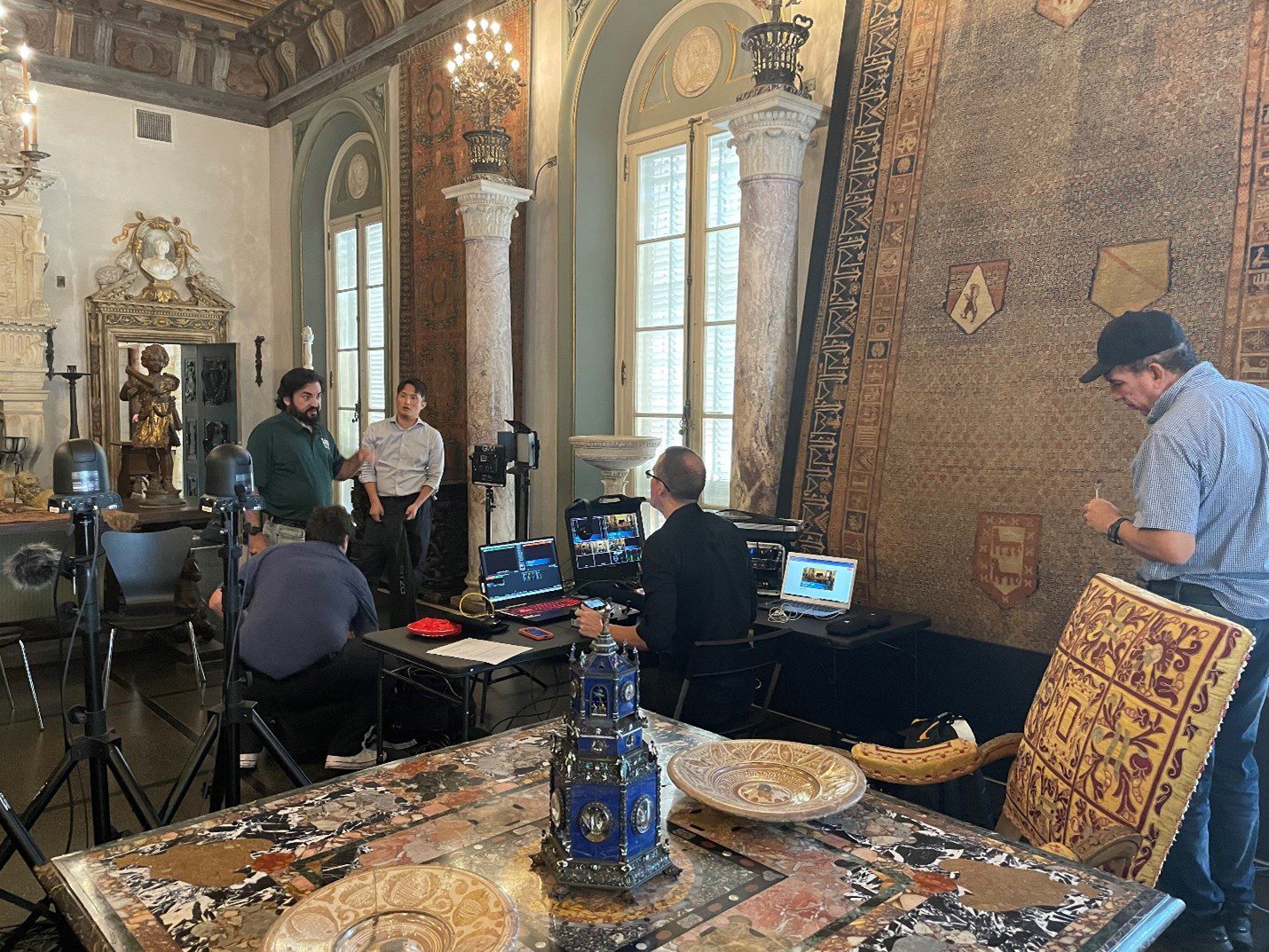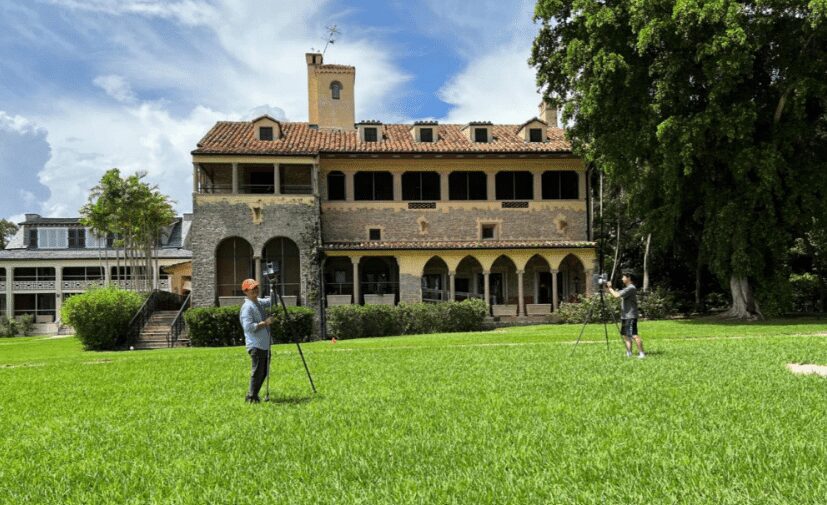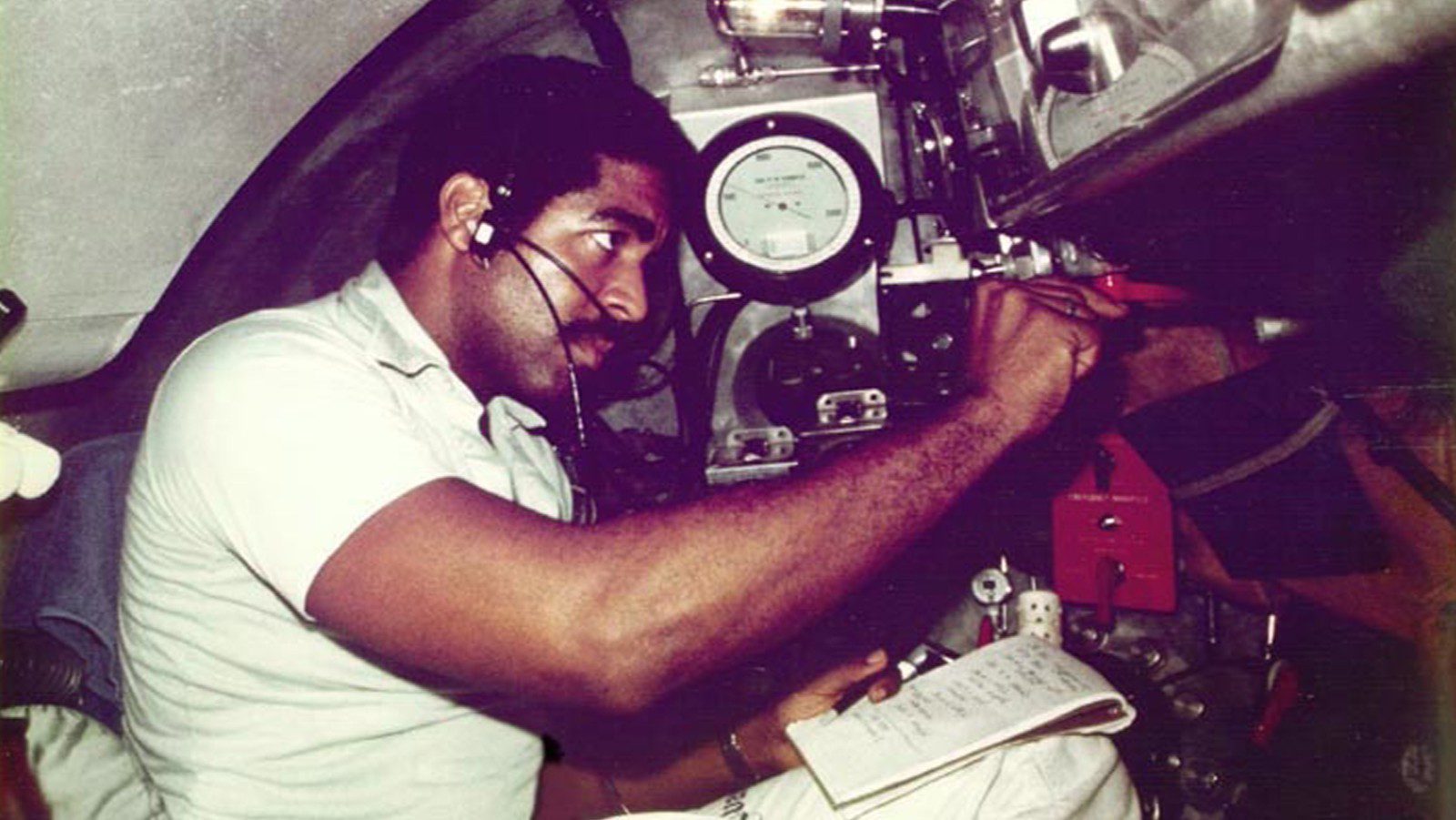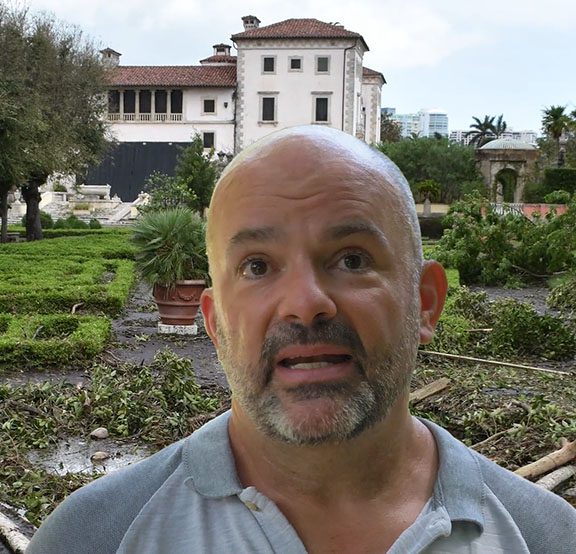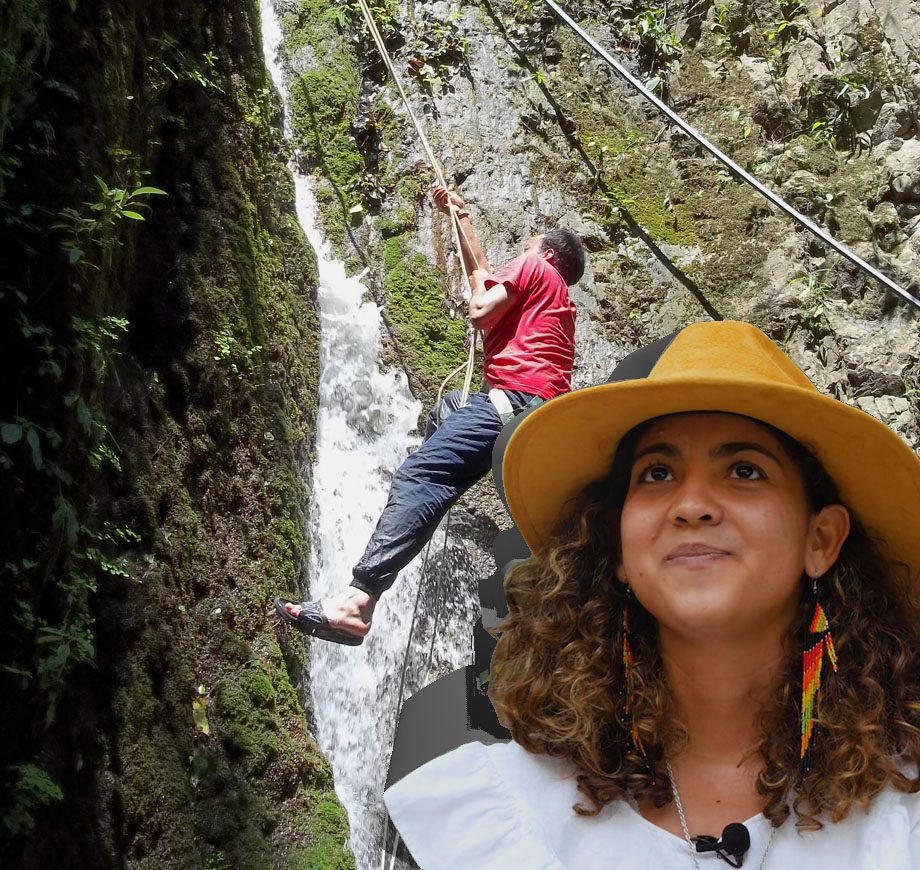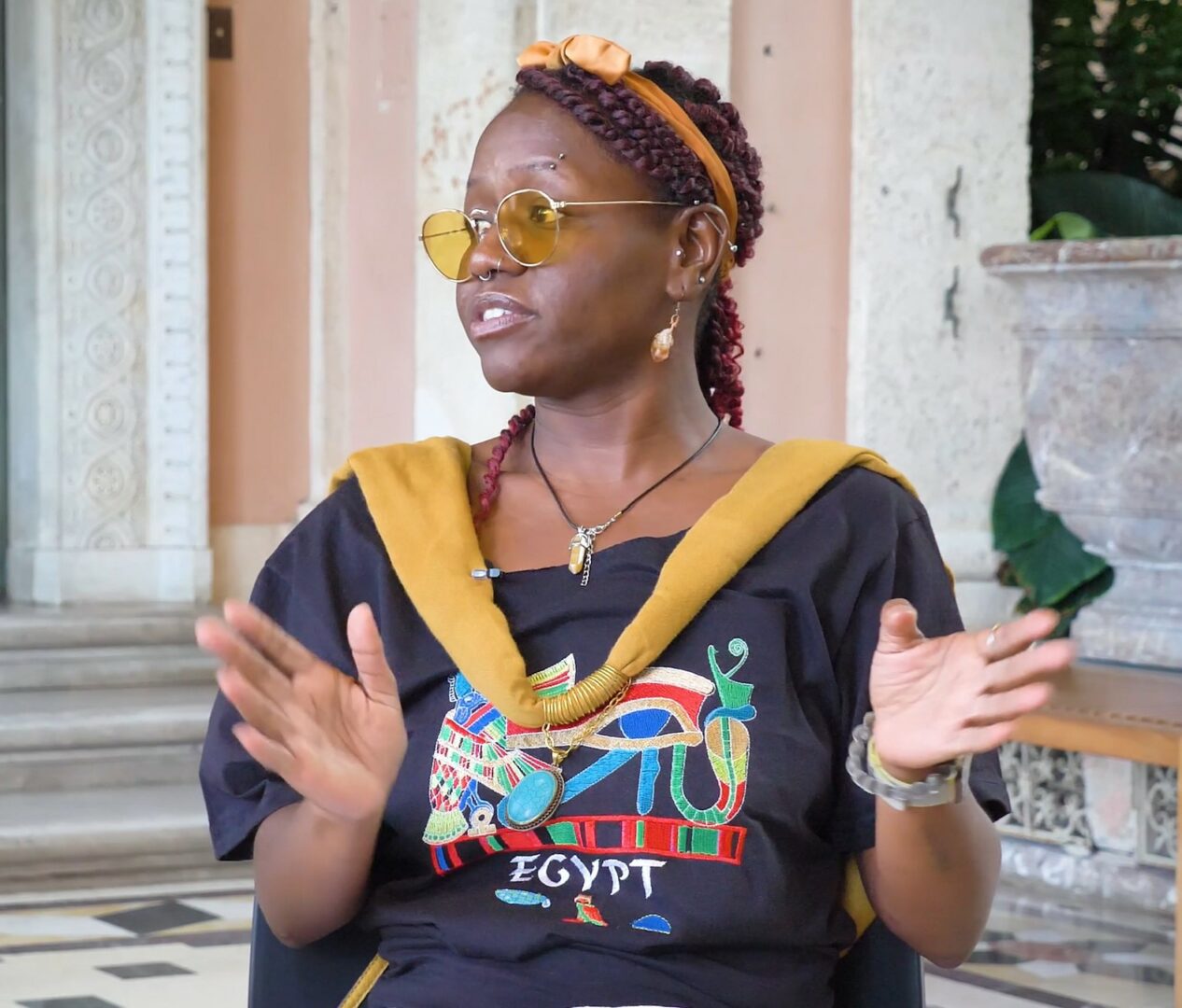Transcript
(00:00)
Dr. Clayborn
Entomophagy which is the consumption of insects for nutrition. And so the students, for the most part, are challenged to come up with a creative dish that not only is delicious, but is appealing to people. Not everybody wants to see the insect. Maybe they don’t want to taste it, but there are ways to integrate the insect into a dish. And of course, they give presentations to highlight why insects are important in the environment, but also as a part of our diet.
(00:35)
So, greetings. My name is Jaeson Clayborn, or Dr. Jaeson Clayborn. I teach the biology, This is Bio 2 lecture, which focuses on evolution, phylogeny, animal relationships. We do cover plant stuff too. Labs are applied compared to lecture. And our last lab is dedicated to insects. From a business perspective, there’s a huge opportunity. So as a bio major, students understand, it’s, well, it’s a study of life, right?
(01:11)
And so they can take that knowledge and see that when we’re looking at what’s for sale, chicken, pork, beef, you know, we do these things. It’s common and insects are different. They’re also easier to farm in a small amount of space, in particular, in an urban setting. So, if they could figure out that marketing trick where it’s like, “All right, I can grow this, you know, in my room, and then I could sell it if it could provide some supplemental income,” but also a source of food along with their normal diet.
(01:52)
And then finally, there are, food hunger, is an issue in the United States and other parts of the world. So it’s a way to come up with an alternative source of protein and the essential nutrients that are needed for people that might not have access to traditional meats.


